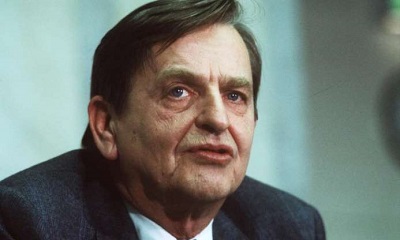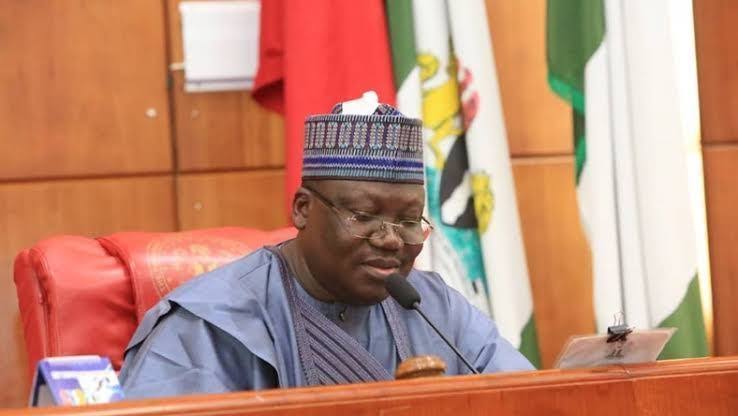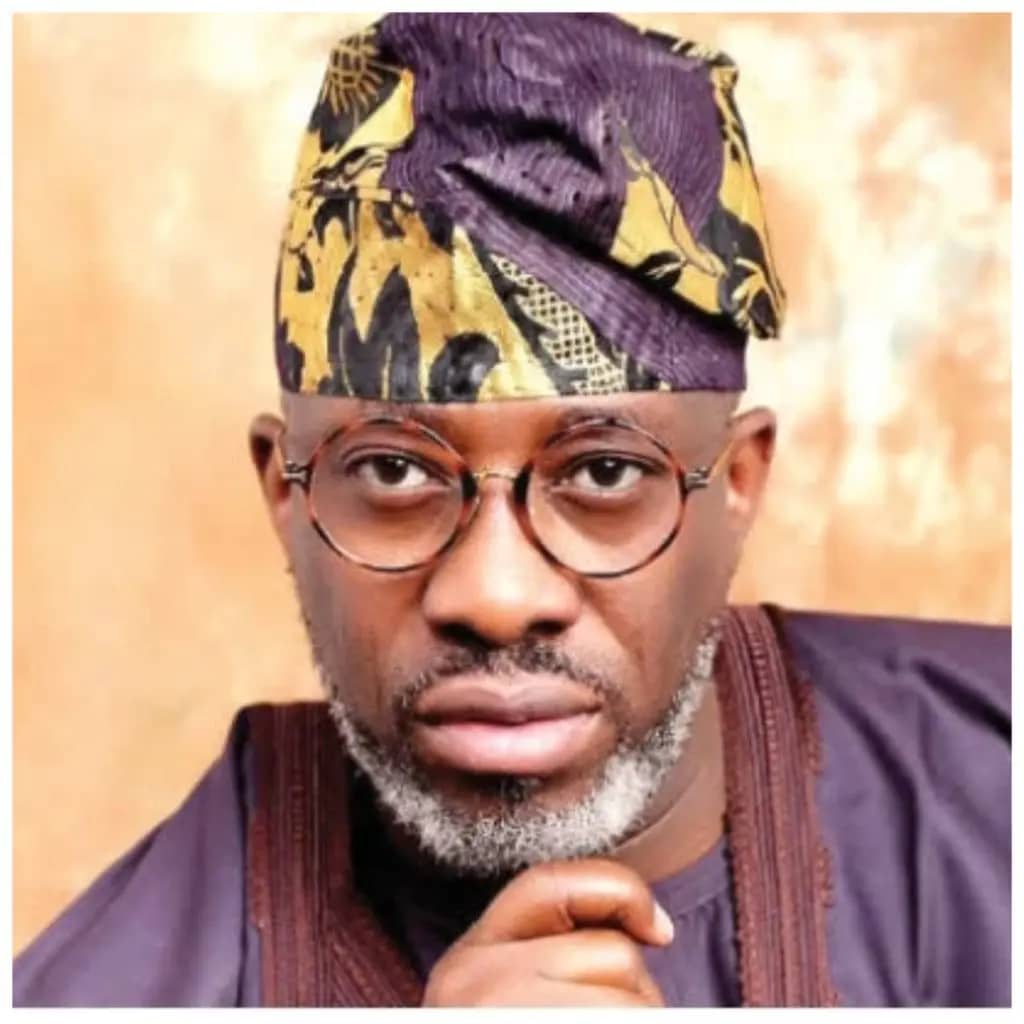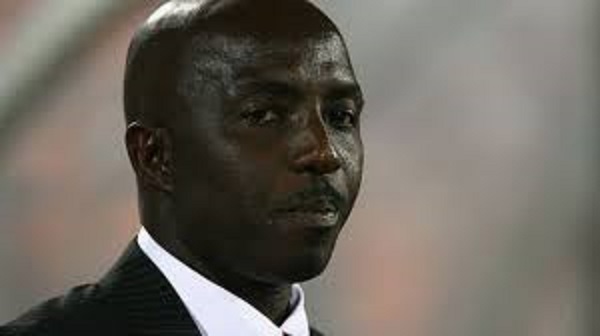34 YEARS MURDER: Swedish prosecutors to close Olof Palme murder inquiry

Jon Henley Europe correspondent
Swedish prosecutors are to close the investigation into the unsolved 1986 murder of the Social Democrat prime minister, Olof Palme.
The case’s chief prosecutor, Krister Petersson, said the case was being closed because the main suspect, Stig Engström, had died in 2000.
Palme was shot in the back at close range in central Stockholm while walking home from the cinema with his wife and son. The disappearance of the gunman into a side street sparked a huge manhunt and a multitude of conspiracy theories.
A petty criminal was convicted of the killing in July 1989 but the judgment was later overturned, clearing the field for decades of speculation about the involvement of forces ranging from the South African security services to the Swedish military, Kurdish separatists and the CIA.
The unsolved assassination, described by the Swedish prime minister, Stefan Löfven, as an “open wound”, has also left a deep scar on a nation that still sees itself as an open and peaceful society. Sweden is said to have “lost its innocence” that day.
More than 130 people have claimed responsibility for the murder and the accumulated case files take up over 250 metres (820ft) of shelves. More than 10,000 people have been questioned, but there is no formal suspect.
Petersson remarked in February that he might not be able to bring a prosecution and that the case could be closed if it was established that the main suspect was dead.
Palme was prime minister between 1969 and 1976 and again between 1982 and 1986. Acknowledged as a great orator, he was vocal in his opposition to the US war in Vietnam, backed communist governments in Cuba and Nicaragua and was fiercely critical of the apartheid regime in South Africa.
At home, he is widely seen as having laid the foundations for Sweden’s modern-day gender equality, but was often at loggerheads with with the country’s business leaders and military, and spoke out against nuclear power.
– The Guardian








